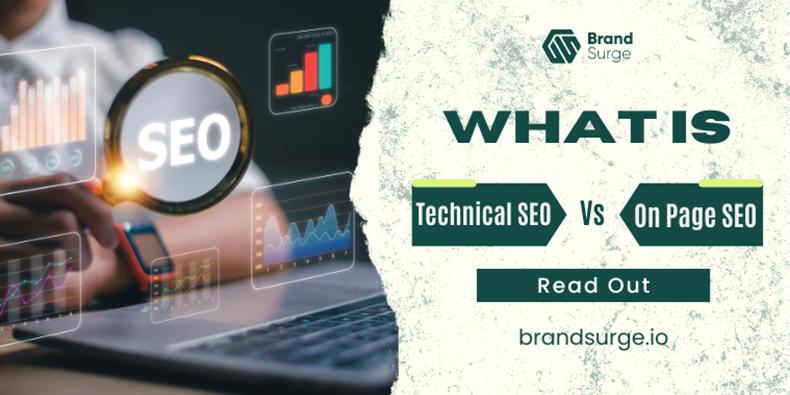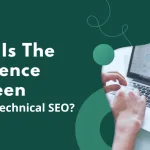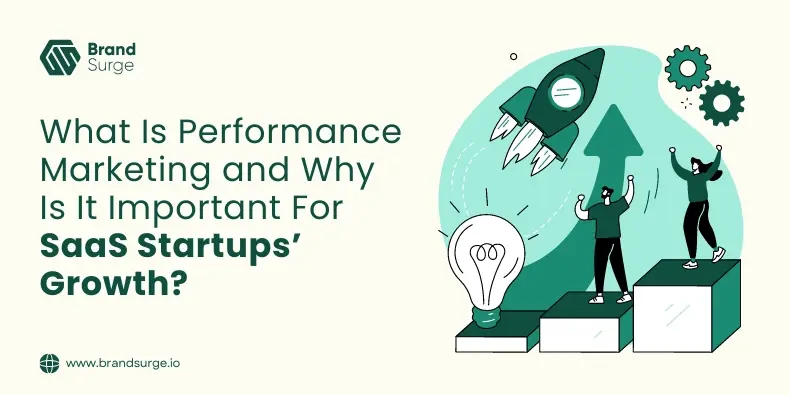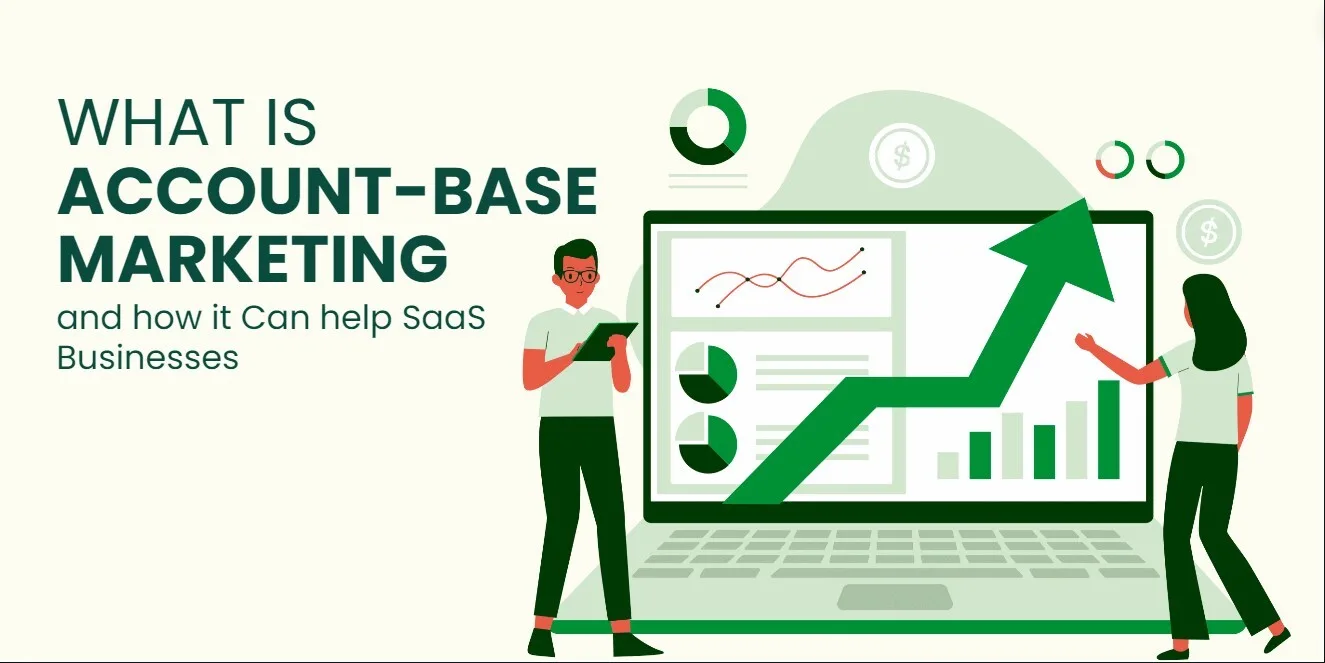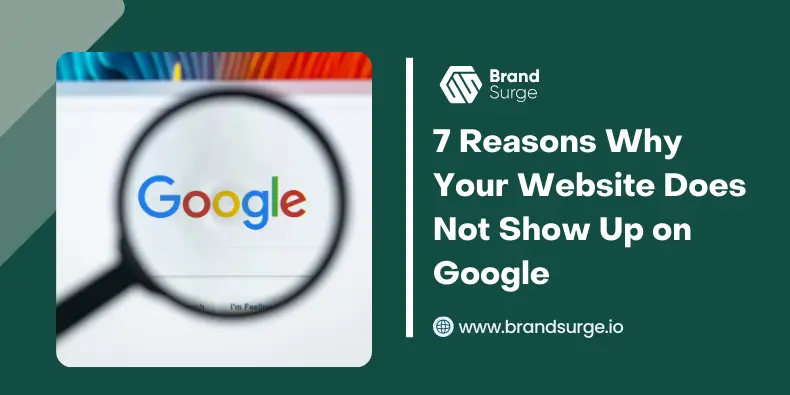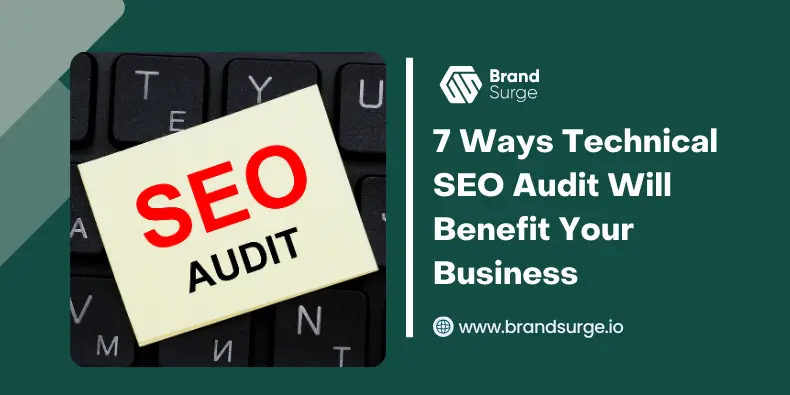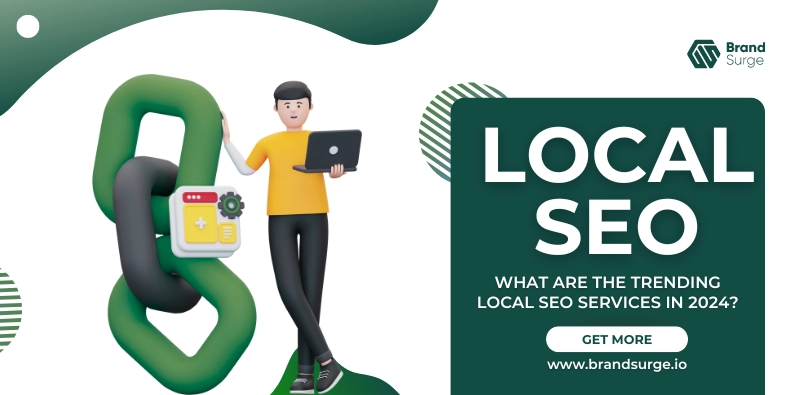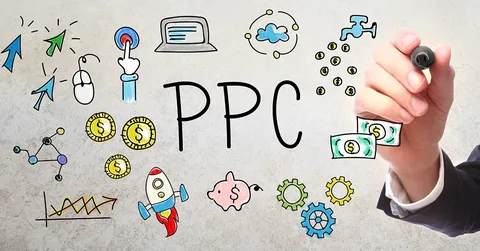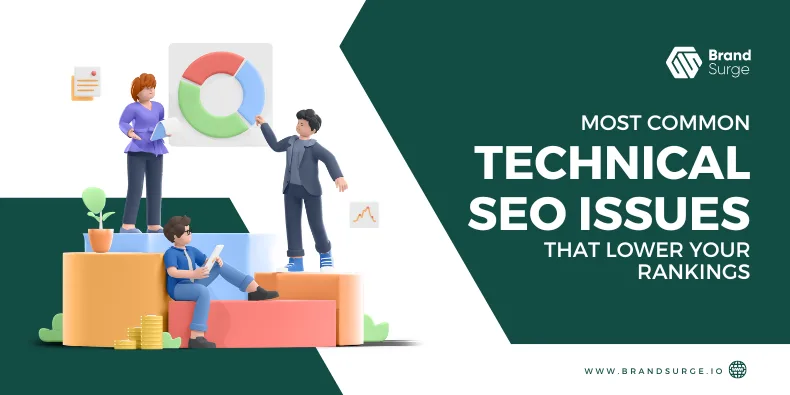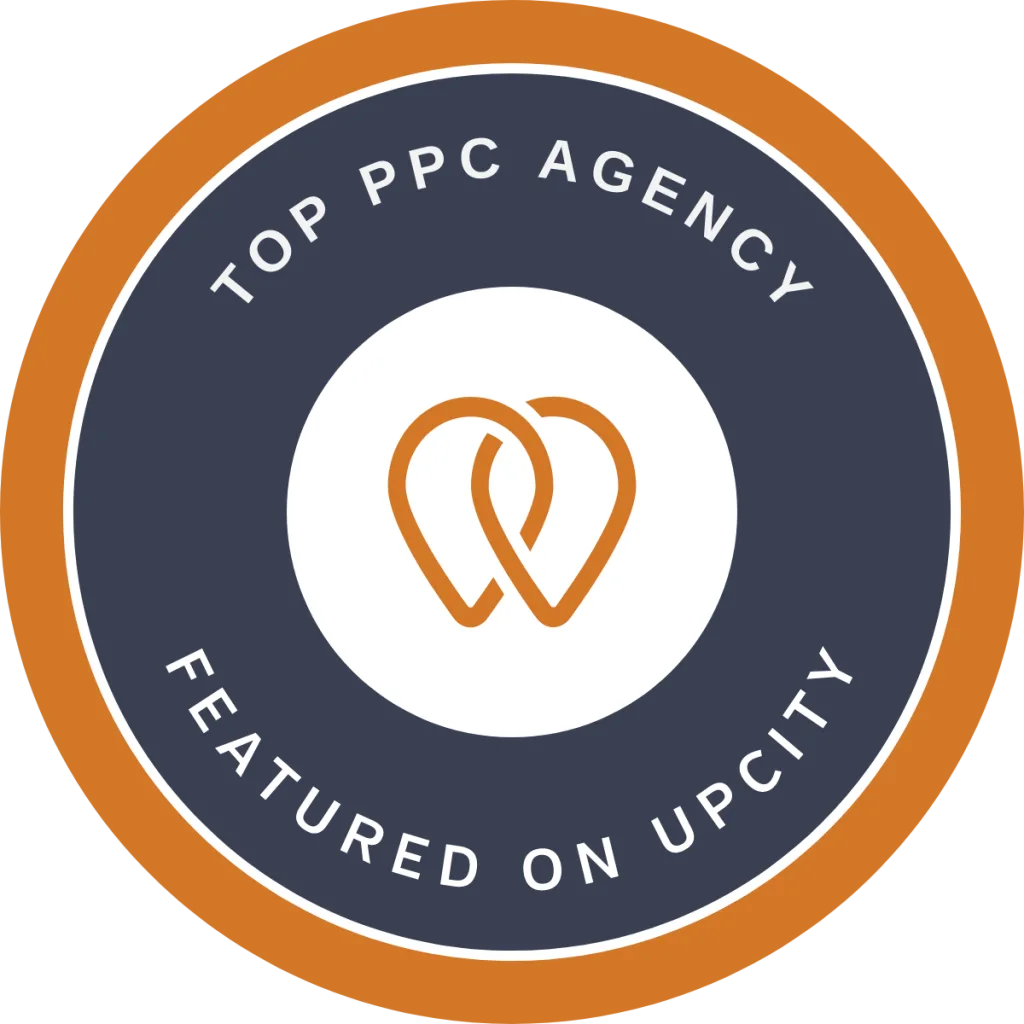We all agree on the significance of search engine optimization (SEO), whether image, on-page, or technical SEO. Leveraging the power of SEO, we can actively improve our website’s performance. You can rank your website better and insert solid interactive options to make it more attractive.
But why is SEO so important? In today’s market, when there is so much competition, you cannot afford to get lost in the pile of websites with no brand value or visibility. To enhance your website’s overall experience, you need help from the mighty SEO. Appropriate SEO strategies can put you on the map and help you retain more customers with better conversions.
In the world of SEO, most experts emphasize technical and on-page SEO options. Today, we will try to understand terms and SEO strategies comparison to make your website an established brand in no time.
What Is Meant By Technical SEO?
Technical search engine optimization (SEO) involves optimizing a site’s “back end” so search engines like Google can better crawl and index it. This type of SEO is essential in business as it keeps the website healthy and makes it easier to rank.
The main difference between SEO and technical SEO is that SEO is an overall strategy, while technical SEO is a helping hand that lets the website grow upward. With SEO strategies, you can have a technically solid website that instantly gets ranked by search engines, resulting in better visibility and credibility.
To get adequate results, you need to consider all technical SEO elements. Some prominent aspects are as follows.
Spider-friendly code: Spider-friendly code refers to website elements that facilitate search engine crawlers (spiders) in efficiently discovering, understanding, and indexing web pages.
Content management systems: You can leverage platforms like WordPress or Joomla to provide user-friendly, interactive interfaces for creating and managing website content, often with built-in SEO-friendly features.
Site speed/page speed: With technical SEO, you can optimize code and efficient resource loading to improve website performance, enhancing user experience and search engine rankings.
Mobile usability: You can design your websites for optimal viewing and interaction on mobile devices favored by search engines.
XML sitemaps: These files provide a roadmap of a website’s structure, helping search engines discover pages efficiently and enhancing your website technically.
Fully qualified URLs: You can develop clear and complete URLs without errors or redirects to improve crawler navigation.
Structured data markup: Your technically optimized code added to a website to enable search engines to understand content better (e.g., rich snippets).
Canonical tags: This term specifies the preferred version of a page, preventing duplicate content issues.
Server maintenance: It means your website’s regular updates, security patches, and optimization ensure website uptime and performance.
Siloing: You can organize your website’s content into thematic categories to improve search engine understanding.
You must monitor these attributes and act accordingly before technically optimizing your website. Keeping these terms relevant will help you draft a better, technically solid, and robust website.
What Is On-Page SEO?
On-page search engine optimization (SEO) is a systematic strategy for optimizing web pages from top to bottom. The dual purposes of On-page SEO techniques are to give pages a better chance of appearing in the search results and to craft a better user experience for website visitors. To optimize on-page SEO, you need to craft the following as well.
ntent that satisfies user needs.
Content length and readability: This feature helps you create engaging content that is easy to understand and appropriate in size for the topic.
Metadata: This allows you to provide concise and informative summaries (title tags and meta descriptions) for search engine results.
Keyword optimization: You can strategically incorporate relevant keywords into content for better search visibility.
Heading tags: The best way to structure content is with clear headings (H1, H2, H3, etc.) for improved readability and on-page SEO.
Image optimization: You can optimize on-page SEO by using descriptive alt text and compressing images for faster loading and better accessibility.
Structured data: Through this, you can add markup to help search engines understand content better and display rich snippets.
Updating all these aspects will help your website get better and higher rankings on all search engines like Google, Yahoo, Bing, etc. If we carefully evaluate the technical and on-page SEO optimization methods, we can significantly help your business thrive in the competitive market while creating a successful edge.
Why Do You Need Technical And On-Page SEO?
A sound SEO strategy focuses on both on-page and technical SEO. A site developed from the ground up for SEO will make sure that search engines can crawl and index pages easily. A site that publishes high-quality, optimized content will enable a good user experience and, in turn, do better in the search results.
Experts suggest that when you have decided to hire SEO services, get both on-page and technical SEO for your website. These will actively optimize each and every page of your website and make it more attractive and interactive for all users. In short, you can develop a solid website that garners more views and sales conveniently through these strategies.
So, if you have decided to hire an agency for SEO services, Brand Surge is here with its premium and result-oriented services. We have a skilled team trained to optimize your webpage so that Google or other search engines immediately recognize it and rank on top. To know more about our SEO services, visit our website now!
FAQs
What is the major difference between on-page and off-page SEO?
Both terms are used to enable a website’s ranking. On-page SEO helps you create an engaging and updated content structure. On the other hand, off-page SEO builds internal links to create a robust reputation.
Is technical SEO on-page or off-page?
Technical optimization is considered part of on-page SEO. It improves a website’s technical features like speed, crawling, or indexing.
What is technical SEO in digital marketing?
It is an important part of digital marketing, as a technically strong website with optimum performance can help you gain more views and better rankings.
